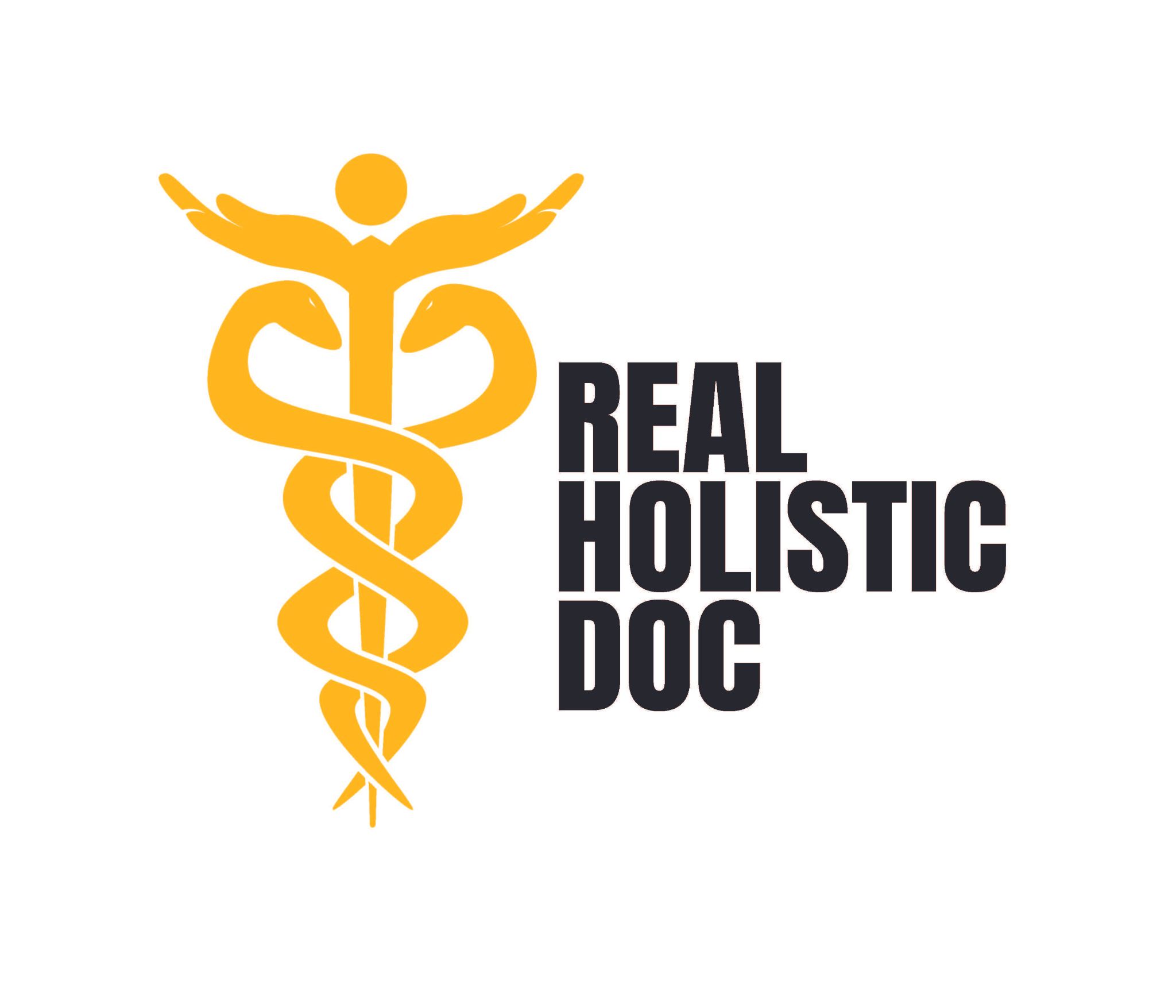Beta glucan is a polysaccharide derived from bakers’ yeast, Saccharomyces cerevisiae, oat and barley fiber and many mushrooms. Although beta-1.3 glucan is effective in activating the immune function of white blood cells, glucan is equally effective in lowering cholesterol, especially LDL cholesterol, while raising HDL cholesterol.
In fact, it is the glucan which accounts for oat bran’s benefit in lowering cholesterol. It also slows the absorption of dietary sugar and may increase tissue sensitivity to insulin. To date, no complications or drug interactions have been reported.
Some years ago one of the popular folk remedies was Kombucha or sacred mushroom tea, containing the Saccharomyces cerevisiae yeast. Any benefits theoretically were from the glucan.
Incidentally, the mushroom-shaped yeast contains 22 amino acids and this yeast is one of the most effective mechanisms for converting sugar to useful protein, a potential which has yet to be made useful in some of the protein-deficient societies where sugar is more easily grown.
The yeast itself is rather tough and has virtually no significant flavor. I consider it highly superior to soy protein.
Beta glucan stimulates macrophages as well as natural killer cells, even increasing precursors in the bone marrow, making it one of the most significant anti-cancer immune-enhancing factors known.
Beta glucan increases tumor necrosis factor, interleukins 1 and 6, antibody formation, and hydrogen peroxide, improving the entire immune mechanism. It prophylactically protects against anthrax infection and cancer.
Interestingly, beta glucan stimulates immune response without promoting toxic side reactions, and is effective in viral, bacterial, fungal and parasitic infections. Clinical studies have demonstrated the benefit of beta glucan in sepsis, in protecting against the negative effects of radiation and in enhancing both myeloid and erythroid cell production. It should be used routinely when there is chemotherapy-associated myelosuppression.
Beta glucan has been effective in skin regeneration and wound healing and has even been used as a wound dressing in burns, with excellent cosmetic results. And beta glucan reduces C-reactive protein. It is of some importance that Vitamin D3 maximizes the benefits of beta glucan. Glucan improves outcome in acute necrotizing pancreatitis, as well as improving survival after serious high-risk gastrointestinal operations.
Although there are many small dosage capsules of beta 1, 3 glucan available, they tend to be rather expensive. I used the commercially available glucan, available as a thickening agent for commercial bakeries, and found it to be quite adequate for enhancing production of DHEA. As little as 6 mg is helpful.
For optimal immune enhancement, a minimum of one teaspoon of the powder is a valuable supplement. In more serious situations, a tablespoon may be used.
It is available at https://normshealy.shop/products/beta-glucans.
All individuals with cancer, AIDS, chronic infections, chemotherapy, radiation, immune incompetence and most autoimmune diseases may benefit from the addition of glucan.
C. Norman Shealy, M.D., Ph.D. is the father of holistic medicine. He recommends autogenic focus (the basis of the Biogenics System) as part of your overall commitment to self-health. Register to download your FREE autogenic focus MP3 now.
